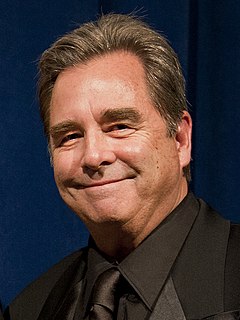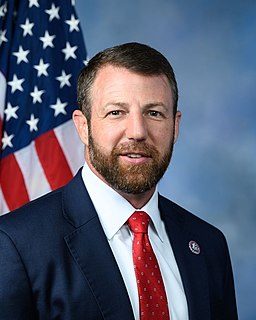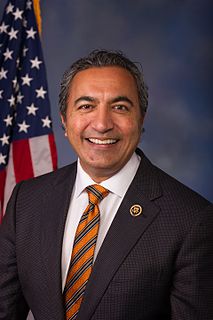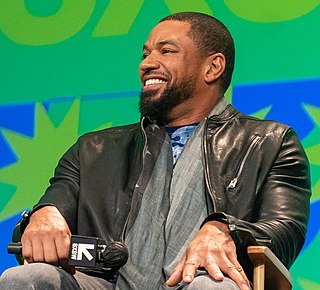A Quote by Barack Obama
There's no doubt that when it comes to our treatment of Native Americans as well as other persons of color in this country, we've got some very sad and difficult things to account for. I personally would want to see our tragic history, or the tragic elements of our history, acknowledged. I consistently believe that when it comes to whether it's Native Americans or African-American issues or reparations, the most important thing for the U.S. government to do is not just offer words, but offer deeds.
Quote Topics
Account
Acknowledged
African
African-American
American
Believe
Color
Consistently
Country
Deeds
Difficult
Difficult Thing
Difficult Things
Doubt
Elements
Got
Government
History
Important
Important Thing
Issues
Just
Most
Most Important Thing
Native
Native America
Native American
Native Americans
No Doubt
Offer
Other
Our
Personally
Persons
Reparations
Sad
See
Some
The Most Important
Thing
Things
Tragic
Treatment
Very
Very Sad
Want
Well
Whether
Words
Would
Related Quotes
You see the one thing I've always maintained is that I'm an American Indian. I'm not a Native American. I'm not politically correct. Everyone who's born in the Western Hemisphere is a Native American. We are all Native Americans. And if you notice, I put American before my ethnicity. I'm not a hyphenated African-American or Irish-American or Jewish-American or Mexican-American.
I can't deny that it will be a historic event for an African-American to become president. And should that happen, all Americans should be proud - not just African-Americans, but all Americans - that we have reached this point in our national history where such a thing could happen. It will also not only electrify our country, I think it'll electrify the world.
I'm not against knowing the history of white people in the U.S. - that's not the point. The point is that there's so much greater history. We don't know about Native Americans. Very basically, we don't know that much about African American history, except that they were enslaved. You only get bits and pieces.
Our nation is built upon a history of immigration, dating back to our first pioneers, the Pilgrims. For more than three centuries, we have welcomed generations of immigrants to our melting pot of hyphenated America: British-Americans; Italian-Americans; Irish-Americans; Jewish-Americans; Mexican-Americans; Chinese-Americans; Indian-Americans.
I realized that most white Americans knew very little about our history and our struggle, and were having difficulty understanding the basis for our agitation and our resistance and our complaints. I also discovered that while black Americans had a sense of the beauty and tragedy of the journey from the time of slavery until now, we were not rooted in the specifics. I thought one way to familiarize people with that history would be through the voices of the great folk artists.
I have four relatively small children, and around fourth grade, they start doing big projects on Native Americas: everything is Native Americans in elementary school. Do you know how many Native American dresses I've sewn, on and on; it's a full yearlong study. And then never again. As journalists, we never even cover Native Americans.
I'm one of those persons who think that watching black people suffer is not an idea of entertainment. I know a lot about African American history, which is just American history, it's always been very fascinating to me. The premise of the play is remembering and honoring those persons whose stories would never be taken into account.

































